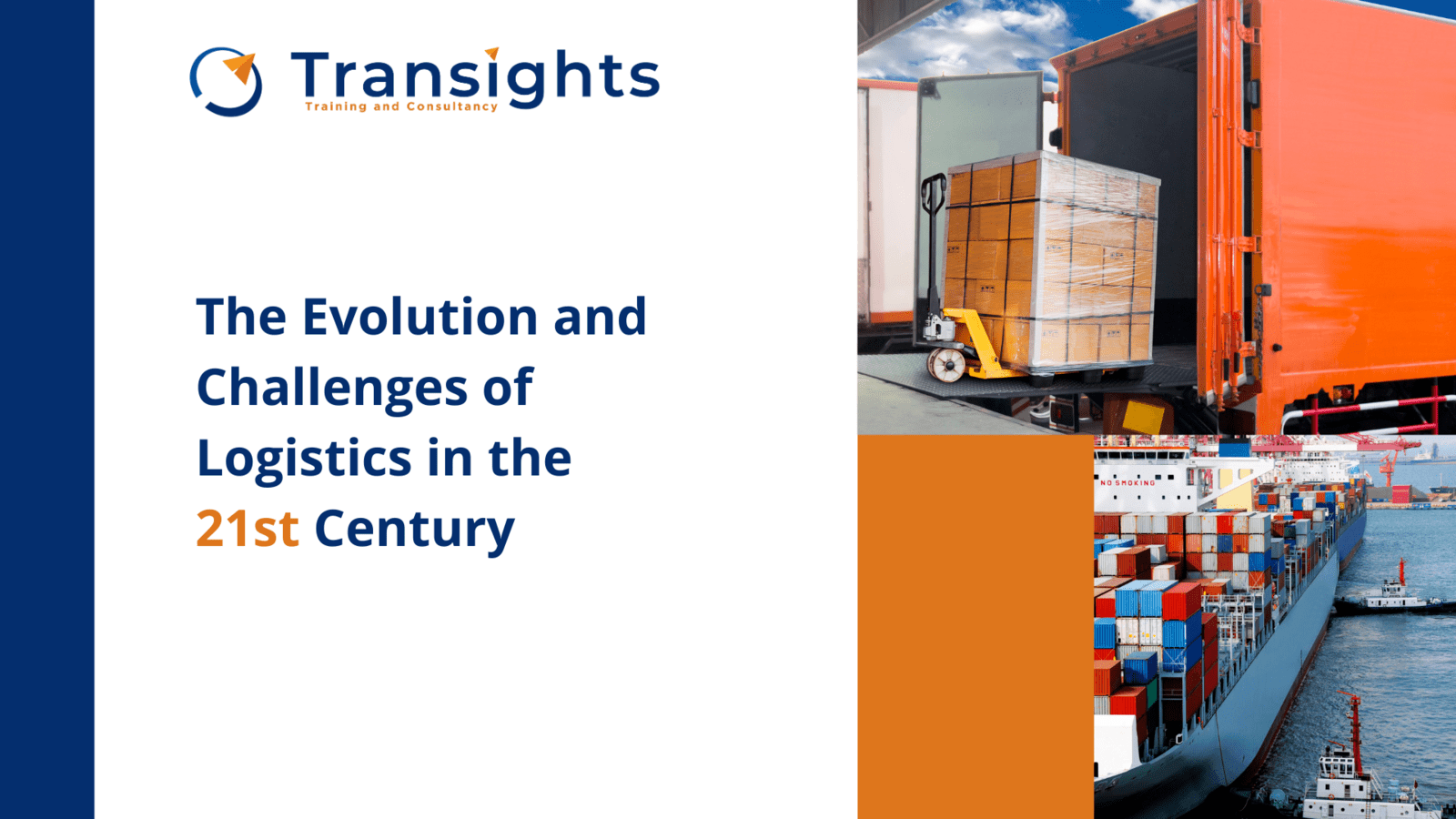
Logistics, the backbone of global trade and commerce, has witnessed a transformative journey over the years. In the 21st century, the dynamics of logistics have evolved significantly, driven by technological advancements, changing consumer expectations, and a growing emphasis on sustainability. This article explores the current state of logistics, the challenges it faces, and the innovative solutions that are shaping its future.
The Changing Landscape of Logistics:
The Changing Landscape of Logistics:
1- Technology Integration:
In recent years, technology has played a pivotal role in reshaping the logistics landscape. Automation, artificial intelligence, and data analytics have streamlined operations, reducing errors and increasing efficiency. The use of IoT (Internet of Things) devices in logistics has enabled real-time tracking, ensuring better visibility and control over the entire supply chain.
2- E-Commerce Boom:
The rise of e-commerce has had a profound impact on logistics. With consumers expecting faster and more reliable deliveries, logistics providers have had to adapt to meet these demands. The last-mile delivery has become a critical focus, leading to innovations such as drone and autonomous vehicle deliveries.
Challenges Facing Logistics:
Challenges Facing Logistics:
1- Supply Chain Disruptions:
The COVID-19 pandemic exposed vulnerabilities in global supply chains. Disruptions in production, transportation, and workforce availability highlighted the need for more resilient and adaptable logistics systems.
2- Environmental Sustainability:
As concerns about climate change grow, the logistics industry is under increasing pressure to adopt sustainable practices. From optimizing transport routes to embracing electric vehicles, companies are seeking eco-friendly solutions to reduce their carbon footprint.
3- Labor Shortages:
The logistics industry is grappling with a shortage of skilled labor. The demand for qualified professionals in areas such as supply chain management, data analysis, and technology implementation is outpacing the available workforce.
Innovative Solutions:
Innovative Solutions:
1- Blockchain Technology:
Blockchain is revolutionizing the transparency and security of logistics operations. By providing an immutable and decentralized ledger, it enhances traceability, reduces fraud, and ensures the integrity of the supply chain.
2- Predictive Analytics:
Leveraging predictive analytics allows logistics providers to anticipate demand fluctuations, optimize inventory levels, and enhance overall supply chain efficiency. This proactive approach minimizes disruptions and improves customer satisfaction.
3- Collaborative Platforms:
Collaborative logistics platforms are emerging as a solution to address inefficiencies and improve communication among stakeholders. These platforms enable seamless coordination between manufacturers, suppliers, and distributors, resulting in a more synchronized and agile supply chain.
Conclusion:
Conclusion:
The future of logistics is dynamic, with continuous advancements and challenges that demand innovative solutions. As technology continues to evolve and sustainability becomes a top priority, the logistics industry is poised for further transformation. By embracing these changes and adopting cutting-edge technologies, logistics companies can navigate the complexities of the 21st-century supply chain and ensure seamless operations in the years to come.

